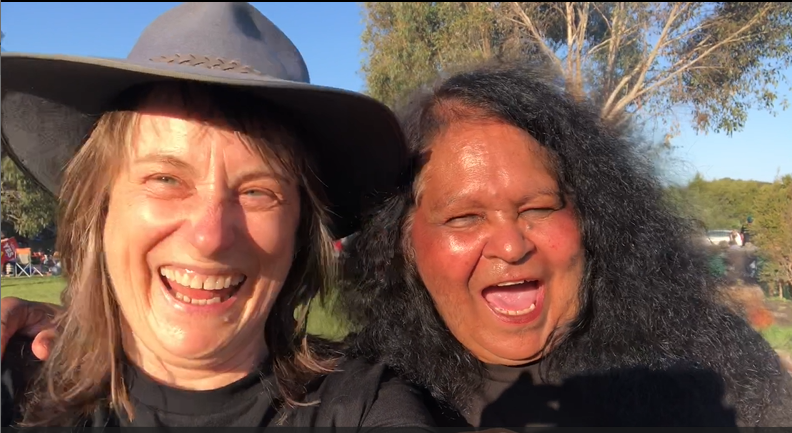A Voice on First People’s literacy and more
0 Replies
Australians will soon vote on whether to recognise our First Peoples in our Constitution, and set up a permanent indigenous advisory committee (Voice) to Federal Parliament.
An estimated 40 per cent of indigenous Australian adults have minimal English literacy, and it can be as high as 70 per cent in many remote areas. According to Progress in International Reading Literacy Study (PIRLS) 2021 data, our Year 4 First Nations students scored 491 points on average, while students from other backgrounds averaged 547 points. It’s a similar, shameful story for most other indicators of wellbeing: First Nations Australians get a raw deal.
Respected indigenous leader and Senator Patrick Dodson explains some of the appalling back story, and the evolution of the referendum proposal, in this podcast. There’s a shorter video explaining the referendum here. No-one seems to be arguing against Constitutional recognition, but there is a campaign against an indigenous Voice to Parliament.
Some progressives, like Senator Lidia Thorpe, say the Voice will have no actual power, so governments will be able to ignore it if they don’t like its advice. That’s true. Within the limits of the Constitution, Parliament has the power to make, amend or repeal any law, and the Voice won’t change that.
Some conservative opponents argue the proposal is divisive and lacks detail, so “If you don’t know, vote no”. I’d rather finish the sentence, “If you don’t know” with “find out”. The Voice proposal is not about detail, it’s asking about an in-principle decision. Ballot papers will say: “A Proposed Law: to alter the Constitution to recognise the First Peoples of Australia by establishing an Aboriginal and Torres Strait Islander Voice. Do you approve this proposed alteration?”.
Sadly, some opponents are saying things which are not true. It’s legal to spread campaign lies.
However, it seems clear that the majority of First Peoples support the Voice proposal, the first step in a process towards truth and treaty outlined in the Uluru Statement from the Heart. There’s been a surge of electoral enrolment in areas with high First Peoples populations. High-profile non-partisan First Nations people like Cathy Freeman and Michael Long, and most First Peoples organisations, seem to support a ‘yes’ vote.
I want to be an ally to First Nations people in their quest for educational and other justice, so I need to listen to the majority. If I pick and choose which First Nations opinions I listen to, I’m really just listening to myself.
Speech Pathology Australia, my professional association, has taken a stand on the upcoming referendum, saying, “Speech Pathology Australia stands with Aboriginal and Torres Strait Islander Peoples and communities in favour of both the Voice and Treaty.”
In primary school, I made friends with Gunditjmara and Kirrae Whurrong artist Fiona Clarke. Victorians might have seen her public art in train stations and elsewhere, and if your Victorian school would like a colourful mural on a dull wall or water tank, please let her know. Her designs have also appeared on Australian Cricket Team outfits. I was delighted to catch up with her at a “Vote Yes” concert organised by her brother on the weekend, where we put our heads together to say this:



Leave a Reply